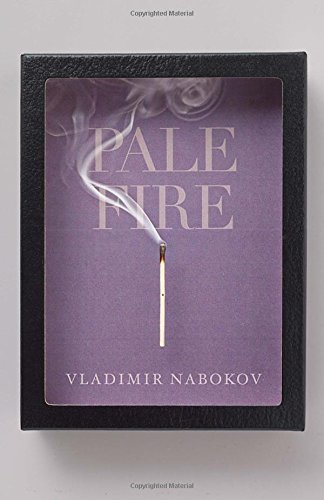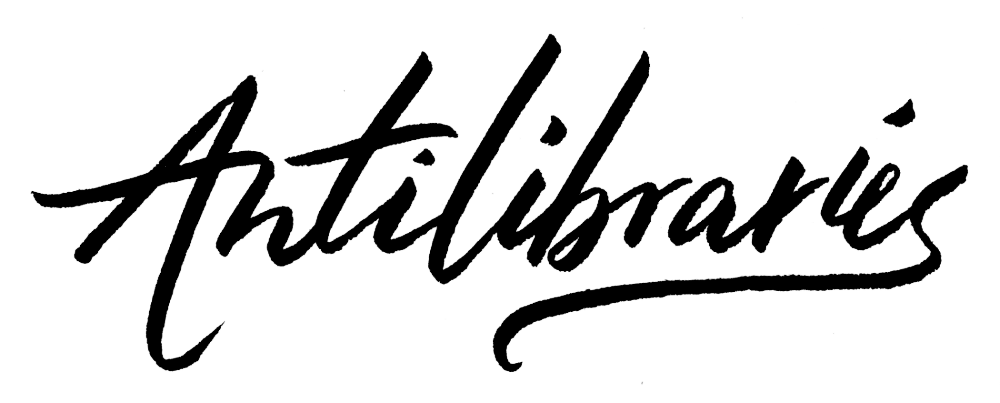Pale Fire
By Vladimir Nabokov

Pale Fire is a “cornucopia of deceptive pleasures”; a “centaur work, half poem, half prose…one of the great works of art of this century”.
It’s highly experimental; metafictive. It’s a famously central poem plus detailed commentary which, itself, seems to weave a novel, in snatches and fragments, passages of strange discursions.
Nabokov was prolific to say the least. A writer’s writer, he wrote novels, short fiction, autobiography, biography, translations, letters, poetry, and surely more that defies literary categorization.
Master, innovator, highly opinionated — I recall some very interesting discussion of his translation work, I believe in Le Ton Beau de Marot (did I mention? — far and away the best book on language and translation I’ve ever read or, for that matter, encountered — I entreat you to seek it out!)
This book exudes a great love of language. It immerses the reader, demands close attention on many levels, to all sorts of faces and powers of words and lines and stories and nuances.
I can’t grok the narrative at all just from skimming, but I glean that it’s absurd, fragmentary, and very detail-oriented.
